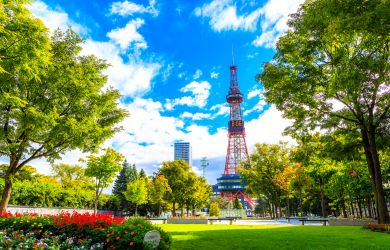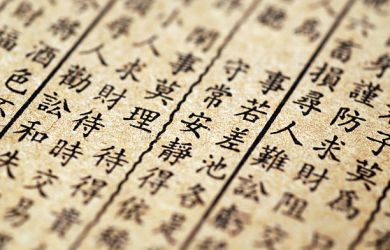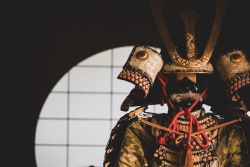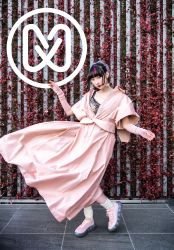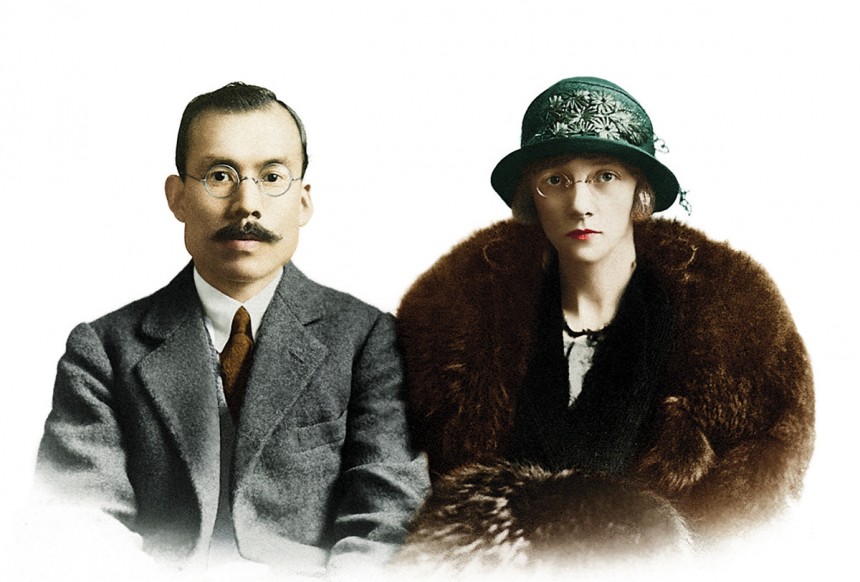
Known in Scottish Gaelic as uisge beatha—the water of life—whisky has long held a special place in the hearts of Japanese tipplers. And just as we see Japan’s iconic drink making broader and deeper forays into the world at large, it may be time to recall how a certain Scottish drink established its own legacy in the land of the rising sun.
On September 29, NHK began broadcasting Massan, a 150-part series centering around Masataka Taketsuru and his Scottish wife, Jessica Roberta Cowan, better known as Rita.
Born outside Hiroshima in 1894, Masataka was the third son in a family of sake brewers. His taste, however, was for Scotch whisky. He traveled to Glasgow both to continue his study of organic chemistry and to learn about the distilling process, taking apprenticeships in distilleries and learning from master blenders.
Rita was born in 1896 and lived with her family in Kirkintilloch, just northeast of Glasgow. Her fiancé died in Damascus during World War I, and her father suffered a fatal heart attack in 1918. When the Cowans sought a lodger to help make ends meet, it was Masataka who moved in. The two fell in love and were married in 1920, then traveled to Japan via New York and Seattle.
Masataka was hired by Yamazaki distillery in Osaka, where he quickly quarrelled with his boss over the finer points of the whisky production. The couple then moved to Yoichi in Hokkaido, a location selected for its close resemblance to Scotland, and the promise that the water would offer a mineral content suitable for whisky. It was there they founded the Dai Nihon Kaju distillery—later renamed Nikka Whisky, retaining the Scottish y-only spelling of the spirit.
Business was initially slow, but the outbreak of World War II provided an unexpected boon: with imported Scotch unavailable, the Imperial Navy turned to Nikka to keep its sailors supple. Categorized as a protected war industry, the company posted its first profit in 1940. While the whisky prospered in the war years, Rita suffered ostracism, abuse and frequent raids on her house as the authorities wrongly suspected her of being a spy, and children threw rocks at her in the street.
Rita survived the war, dying of natural causes in 1961. Masataka passed away in 1979. The two are buried in the hills near the Yoichi distillery, with a museum now devoted to their memory.
Nikka Whisky has continued to prosper. While high-minded Scotch drinkers may look askance at Japanese malts—and buyers of izakaya highballs and conbini cheapies might easily be forgiven—Nikka has quietly continued to rack up international awards. In 2008, Nikka’s Single Malt Yoichi 1987 was selected as the World’s Best Single Malt Whisky at the World Whiskies Awards, announced at the World Whiskies Conference in Glasgow, no less. In Scotland, quality Japanese single malts are even displayed and served alongside elite local malts.
Meanwhile, Rita’s story—or something like it—will continue to unfold in 15-minute segments on NHK. Following an audition that emphasized her singing voice, American actress Charlotte Kate Fox has been cast in the lead female role, and in addition to the studio’s stated plans to take liberties with history, Rita’s name has been changed to Ellie. Nonetheless, Fox represents the first non-Japanese female lead in an NHK series, starring alongside Tetsuji Tamayama, who played Daisuke Jigen in this year’s live-action film adaptation of Lupin III. The series airs every weekday and Saturday at 8am—perhaps a touch too early to be enjoyed with a nice glass of whisky.

